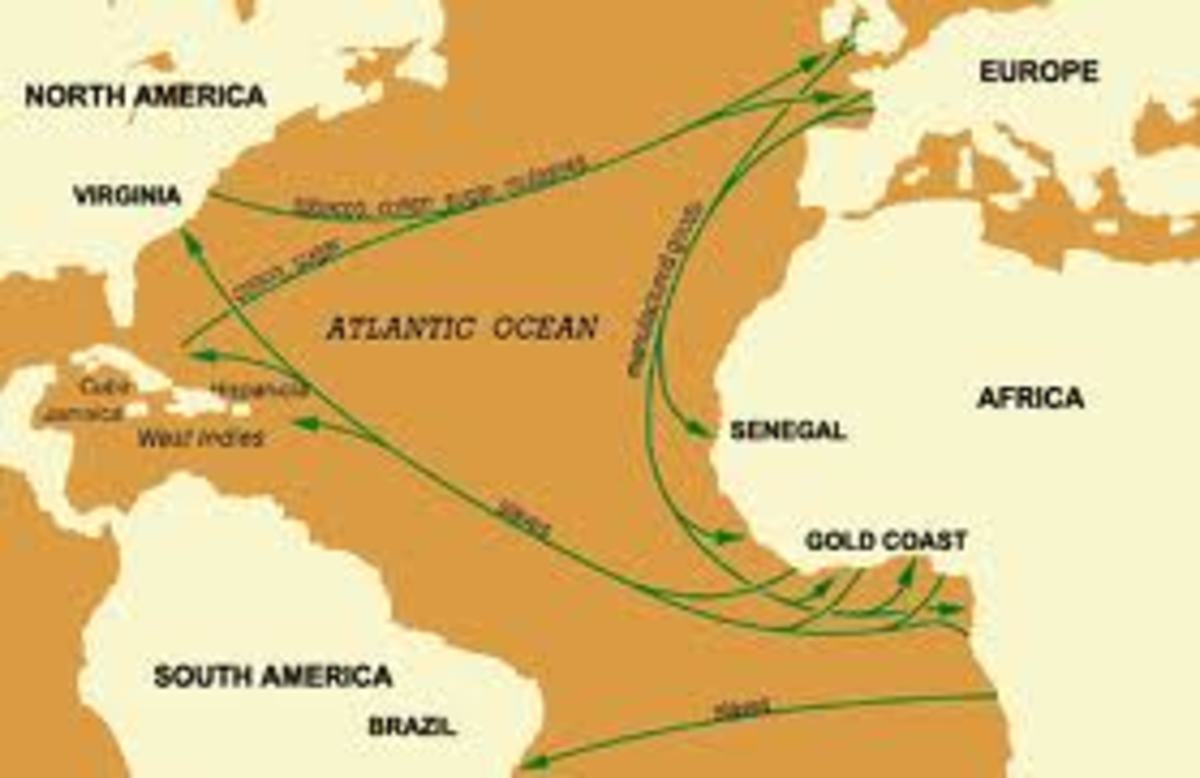Are company certifications important in a global economy?

The world economy we find ourselves in requires some changes for American businesses to be competitive in this type of market. One of the changes which businesses may want to consider is to become certified in such aspects as quality management principles and guidelines. International and sometimes individual country standards have been created to provide information to compare one company with another which may be in a foreign country. The question of certification is something each company must decide if it is necessary given their plans for future expansion or attempts to gain new customers.
The question of company certifications has been a topic of wide discussion not only in the United States but around the world. Certifications are meant to identify a degree of expertise associated with a company product or service but company certifications may not be necessary or have much impact if it does not compete in the global economy. This fact is misunderstood. It makes no difference whether a company competes globally or within their own country. Certifications add a level of recognition which competitors may not display.
Competition always exists in one form or another for any business and it is important to have an edge against competition. Certifications provide something which sets a company or organization apart from those who do not take the time to acquire such certifications. There are different certification types but the most prevalent appear to be the certification of a company’s process or system. Today many organizations when negotiating contracts with customers are increasingly being required to have some level of certification. It offers some security to potential customers that processes and systems within a company meet a certain level of quality.
In terms of individual customers some recognition of certification brings more confidence in a product or service but getting the certification is only half of the requirement. The important thing is to maintain the certifications acquired through repeated evaluations.
Understanding the need to compete in the global economy of today is an important fact for a company to make decisions about any certification whether it is individually for their employees or for their entire company. The connection between individual certifications and company certifications can be a critical element to increase a customer base. Company certifications today receive recognition around the world if they are acquired by recognized sources providing the certification. Choosing a certification source is an important element in being recognized as a viable certification. Many organizations provide certifications but the more recognized a certification source is increases the recognition and confidence in the certification being promoted.
The process and costs of being evaluated for certification for anything related to a company as a whole is not cheap and some companies feel what the benefits they would receive is not worth the costs involved. For some companies this may be true but for others that have a goal of competing globally the benefits may well be worth the price to acquire the applicable certification (s). Benefits may be somewhat intangible as recognizing them may be hard to connect between the costs and any changes in their operations and/or the number of customers they may have acquired since becoming certified.
Certifications to some extent and the process to obtain them are basically an audit environment with the result being certified after the evaluation is conducted. Being evaluated for certification and sometimes there can be several that are applicable to a company dependent upon the products or service they offer is a learning environment. Audits of any type are always difficult based on who is doing them and their purpose. Outside audits of which certifications are recognized to be can help an organization better understand their processes and sometimes their policies when being evaluated.
The decision to become certified as a company or have employees certified rests with the management/owners of a company. The concept of certification is often misunderstood and sometimes processes require a specific degree of training and certification for work to be considered reliable. Welding is such an example. Deciding which certifications to attempt must include evaluating the benefits along with the costs. Some companies or organizations are left with no choice when competition is certified in various subjects. Certifications whether as a company or as employees tends to raise the bar to project a level of importance for processes and/or systems. Certifications project the importance of quality of a process or system and can or will impact not only present customers but potential customers. It is up to businesses to decide their goals and policies related to processes and products they provide.








